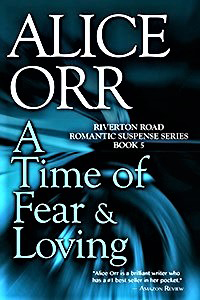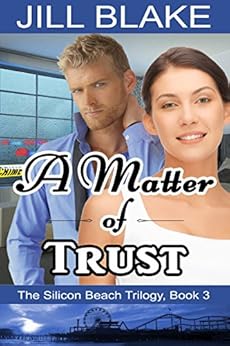Join former literary agent and editor Alice Orr, author of
No More Rejections, as she offers advice for character triage, kicking out
characters who do not work in your story.
Character Triage
Who's In? Who's Out? Every character you start out with in your
story may not carry enough storytelling weight to be allowed to stick around. Some
will most likely have to go. Which characters do and do not belong in your story?
How do you decide? First, let's make a couple of general lists. Then we'll move
on to my personal specifics.
Character Triage –Characters Who Should Stay in Your Story
They sparkle with contradiction and controversy.
They enhance the main characters in the story, make them more
intriguing.
They aggravate the main characters in the story, make them more
conflicted.
They have often dark secrets the main characters would like to
know, or should know, but don't.
They have hidden dreams the main characters would like to know,
or should know, but don't.
In other words, they generate plot by adding more complications
to the story.
Character Triage – Who's Out? Characters Who Should Leave Your Story
They don't make anything happen.
They get along with everyone, neither creating nor enhancing
conflict.
We aren't interested in knowing more about them.
They are not connected with either the main characters or their
stories.
In other words, they don't generate plot by adding more complications
to the story.
Here are some specific character types I especially want to boot
out the door.
#1 Exit Candidate: The Lackluster Character
Especially when you are creating the main characters of a series
who must be extra unique and compelling. In fact, any continuing character must
stand out in order to hold a reader's interest through several stories. Be careful
not to focus on thrilling plot at the expense of thrilling characters. This can
be fatal to storytelling success.
The Character Who Cloys
Especially as your romance heroine. She's cute enough to kill,
and the alleged hero scampers along in her wake for far too long. At first, she
may be lovable for the reader as well. Then, we become exasperated with her and,
eventually, out and out irritated. She's a distraction from the story and undermines
your hero's portrayal too.
The Character Who Fails at His Story Mission
Especially as your mystery-suspense hero. He's the detective
who doesn't detect. A murder is committed, and he should be intent on finding the
murderer but does too little to further that quest. He avoids real investigative
questioning. He lets others to do the legwork. He slows the pace instead of enlivening
it. He must thrust himself into danger and battle his way out again.
The Interchangeables
Especially as your secondary characters. For example, three sisters
or friends or whoever that would be better as two. The extra sidekick clutters the
story. She isn't distinctive enough and her lack of substance drains story vitality.
She should be folded into one of the other characters to streamline plot and pacing
or rewritten to reveal her individuality.
Character Triage: This is Only the Beginning
I've shared my personal sampling of characters who need to go
if you want to write a strong story, and of course you do. Now, you must make your
own list, from your own work, but don't be discouraged when you do. There are ways
to save these characters from the no-hope heap. Every character, like every human
being, has a story. Your job as storyteller is to dig deep, discover that story
and give your creation life on the page. In other words, perform character
triage. When you do that, all your characters will not just belong in your story,
they will be embedded in your reader's heart.
For more insights into writing and publishing,visit my blog at
www.aliceorrbooks.com
About Alice Orr
Alice Orr is author of 16 novels, 3 novellas, a memoir and No
More Rejections: 50 Secrets to Writing a Manuscript that Sells. Hero in the Mirror:
How to Write Your Best Story of You is in progress. A former book editor and literary
agent, Alice now writes full-time. Her latest novel is A Time of Fear and Loving
– Riverton Road Romantic Suspense Series Book 5. Find all of Alice Orr's books on
Amazon. Alice has two
grown children and two perfect grandchildren and lives with her beloved husband
Jonathan in New York City.
Author Website www.aliceorrbooks.com
Author Blog www.aliceorrbooks.com
Facebook https://www.facebook.com/aliceorrwriter
Twitter https://twitter.com/aliceorrbooks
Amazon Author Page https://www.amazon.com/Alice-Orr/e/B000APC22E
Author Website www.aliceorrbooks.com
Author Blog www.aliceorrbooks.com
Facebook https://www.facebook.com/aliceorrwriter
Twitter https://twitter.com/aliceorrbooks
Amazon Author Page https://www.amazon.com/Alice-Orr/e/B000APC22E



















